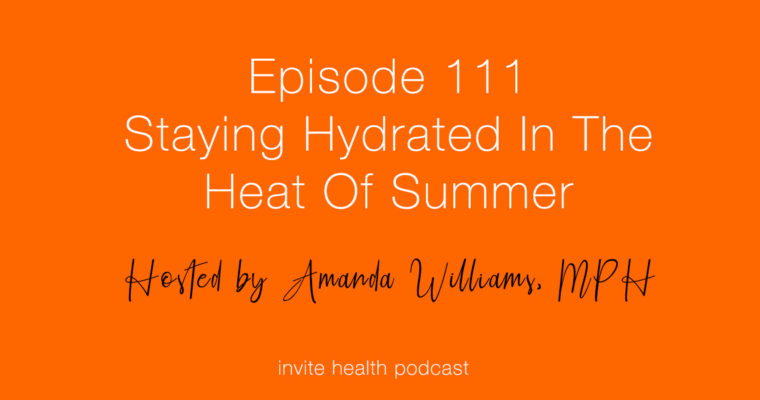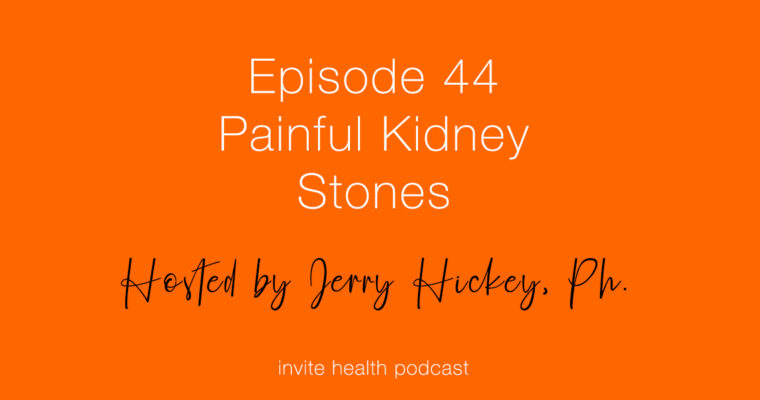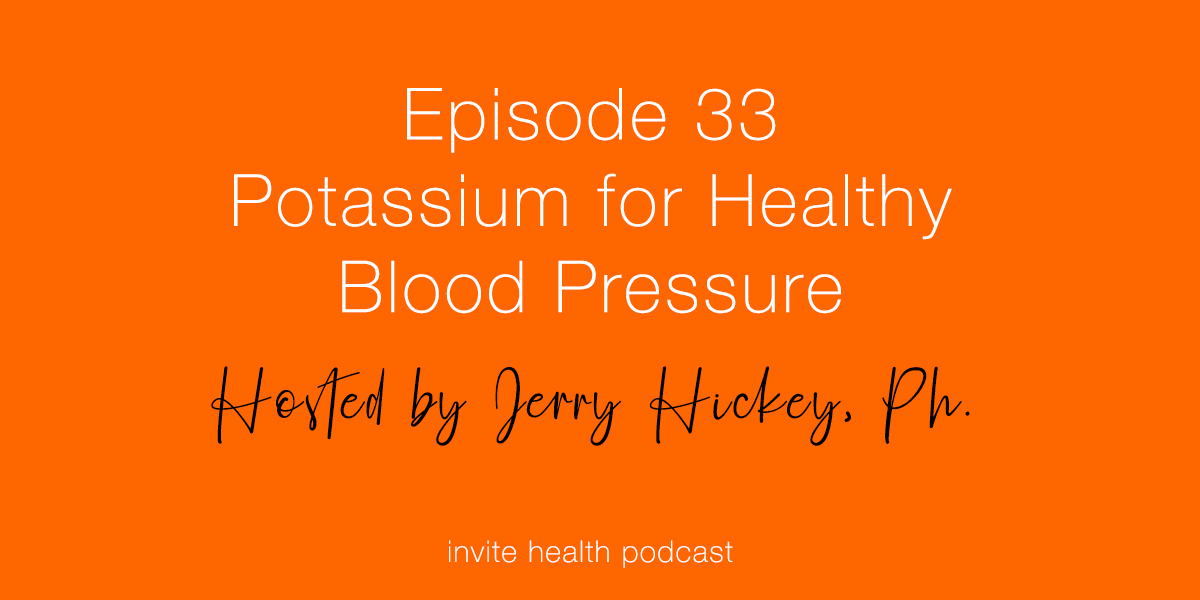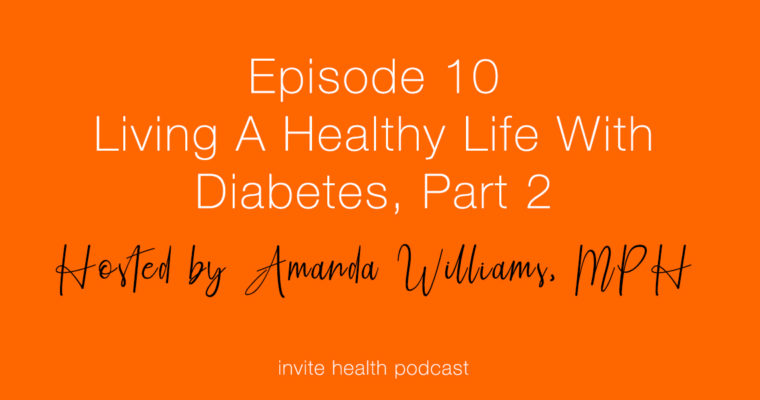Magnesium is responsible for over 300 biochemical reactions in the body, making it one of your body’s most important nutrients. But did you know that up to 70% of Americans are Magnesium deficient, according to the CDC’s NHANES? Here’s what you need to know.
What is Magnesium?
Magnesium is a mineral that is an essential nutrient, which basically means that our body does not make it and it must be consumed through food and/or supplements. It is commonly used to support bone health and energy production, but its benefits do not stop there.
Low levels of this mineral can be dangerous for your health. Adrienne Dowd, RD of Pasley Health explains, “Chronically low intakes of magnesium can induce changes in biochemical pathways that can increase the risk of cardiovascular disease, type 2 diabetes, osteoporosis, and migraine headaches.”
But before you run to your nearest vitamin store (and there’s one near you!), you should understand the differences between different types of magnesium, as each one touts different benefits.
The Benefits
Magnesium levels in food depend on the quality of the soil; traditional food sources high in magnesium include wheat germ and bran, oatmeal and bran, soybeans and peanuts, spinach, raisins, almonds and cashews.
Magnesium is a co-factor in over 300 chemical processes in the body, including nerve and muscle functions, regular heart rhythm, proper immunity, and maintenance of strong bones. Magnesium is involved in the regulation of blood pressure as well as blood sugar, because increased magnesium loss in the urine is associated with hyperglycemia. It helps maintain energy production and protein synthesis as well.†
Magnesium Glycinate
When this essential nutrient is bound to the non-essential amino acid Glycine, it is allows Magnesium to be quickly absorbed into your cells. This can help to protect the body from early to moderate magnesium deficiency symptoms, like nausea, weakness, tingling and muscle contractions. It can also help to supplement depleted calcium and potassium levels in the blood due to deficiencies.†
Magnesium Citrate
While Magnesium Citrate touts all of the benefits of using a supplement, it also may have a mild stool-softening effect, which has been shown to bring relief for those with constipation.†
Calcium Magnesium
Calcium and Magnesium are the two major minerals needed for building and maintaining healthy bones. Without Magnesium, Calcium cannot be properly deposited into the bones where it is needed. These minerals are essential for muscle health as well, as Calcium causes muscle contraction and Magnesium causes muscle relaxation. Therefore, both are needed in proper ratio in order to support normal function of every muscle in the body, including the heart muscles. They are also required for proper electrolyte balance, as well as for tissue health, especially for sensitive cells in the colon.†
Alkalizer (Magnesium & Potassium)
Consuming five to seven servings of fresh vegetables and fruits daily maintains alkalinity for most individuals, yet most Americans consume very few servings of these important foods which can lead to chronic low-grade metabolic acidosis; the minerals Potassium and Magnesium are key to maintaining mild alkalinity.†
According to NHANES (National Health and Nutrition Examination Survey) 98% of Americans do not get enough Potassium and 70% of Americans do not get enough Magnesium. Since Potassium is required for alkalinity, muscle function, electrolyte balance, and heart health, and Magnesium is required for over 300 biochemical reactions in the body, lacking these has consequences for overall health.†
Questions about Magnesium? Leave us a comment below!







